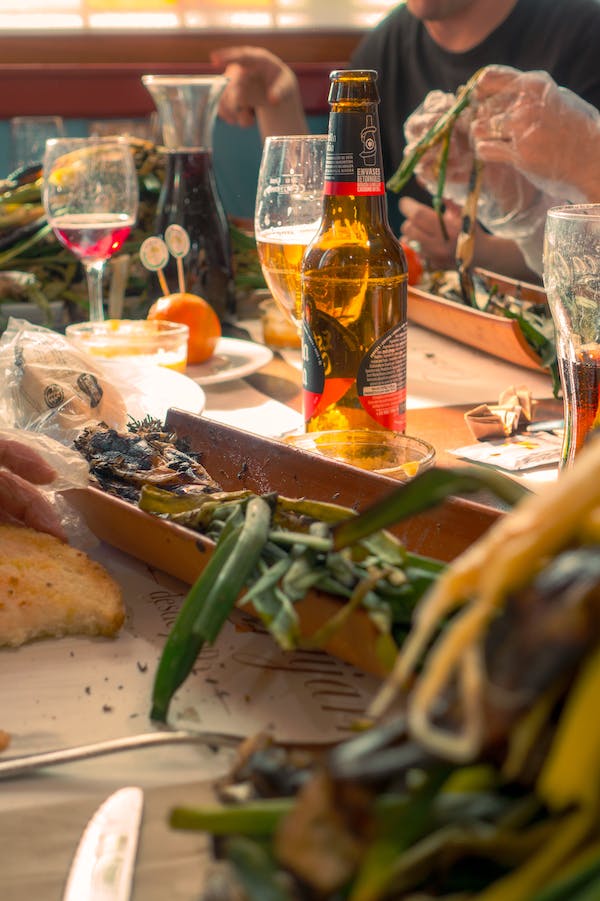My relationship with alcohol started like any other teenager’s — as a fun way to blow off steam and fit in with my peers. I became obsessed with the feeling of drunkenness and the escapism that it provided. Little did I know, my seemingly innocent relationship with alcohol would turn into a never-ending struggle.
In college, I took things up a notch. When alcohol was more accessible and cheaper, I drank more, and I often found myself blacking out at parties. Every morning, I would wake up feeling ashamed and regretful, but I would brush it off and start the cycle again. As the years passed, my drinking escalated, and I soon found myself completely dependent on alcohol just to get through my days. I was in denial of my problem for a long time, and it finally came to a head when I was arrested for a DUI. This was a wake-up call for me, and I began to consider getting help for my drinking problem. After making the decision to get help, I went to my first Alcoholics Anonymous (AA) meeting. I was initially embarrassed to admit my drinking problem to the group, but soon I felt supported by everyone in the room. After meeting with my sponsor and listening to the stories of others, I realized that alcohol had been controlling my life for far too long and it was time to take back the power.
I was in denial of my problem for a long time, and it finally came to a head when I was arrested for a DUI. This was a wake-up call for me, and I began to consider getting help for my drinking problem. After making the decision to get help, I went to my first Alcoholics Anonymous (AA) meeting. I was initially embarrassed to admit my drinking problem to the group, but soon I felt supported by everyone in the room. After meeting with my sponsor and listening to the stories of others, I realized that alcohol had been controlling my life for far too long and it was time to take back the power.
The biggest issue for me throughout my recovery has been managing stress. Long days at work or anything upsetting can be triggers; although I know that having a drink won’t solve my problems, my cravings work on a deeper level. Situations like these are when having a strong support system is key. Being surrounded by family and friends who understand my recovery journey and cheer me on has been incredibly helpful. On days when I feel overwhelmed, they remind me why I quit drinking and help me refocus my energy on healthier activities.
Making healthy habits and lifestyle changes is also essential for my recovery. Incorporating yoga and meditation into my life has enabled me to feel grounded and connected to myself in a way that nothing else could. Being mindful of my thoughts and feelings has helped me stay away from alcohol and make healthier decisions.
My journey to sobriety has been challenging, but I’m glad that I chose to make the changes that I did. Although I have moments when I relapse, I have come a long way and am now dedicated to maintaining my sobriety. I’ve learned that recovery is a lifelong process and that I can’t do it alone. Building a strong support system and staying committed to healthy habits are both key components of my success. Today, I am happier and healthier than I’ve ever been, and I remind myself every day why I decided to quit drinking in the first place.